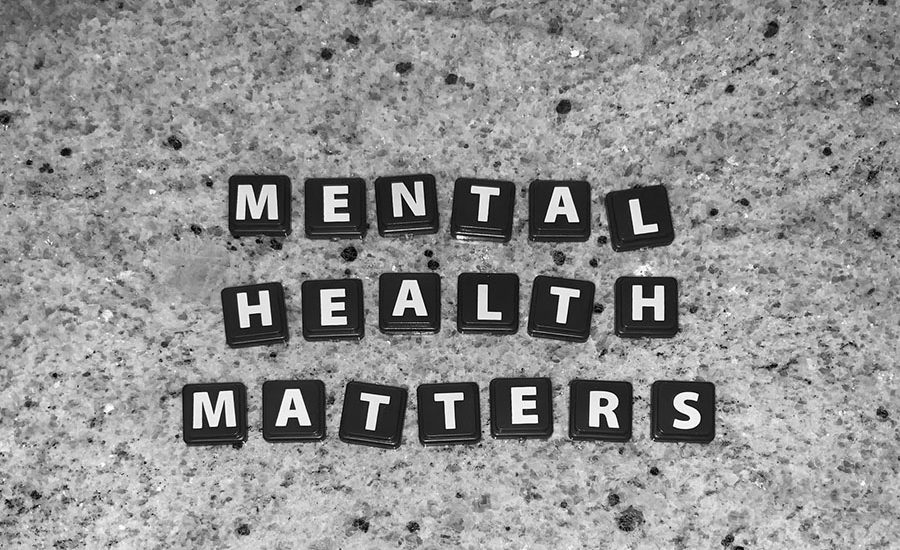The impact that corporate and personal insolvency can have on someone’s mental health can be enormous. As insolvency professionals, we often find ourselves working with people who are financially and emotionally stressed and, as a result, very vulnerable. There’s a strong connection between insolvency and mental health – and we understand, too, that our team members aren’t immune to the stresses of the current uncertain economic climate.
This is why we developed our mental health and wellbeing program in 2019. We wanted to do more to support our clients, referrers and staff. It’s also why I and many of my colleagues undertook the Mental Health First Aid Certificate, which provides simple, practical first aid skills for helping people experiencing mental health problems. We were the first insolvency practice in Australia to implement such a program.
The pandemic and, in particular, the lockdowns are having a massive, deleterious impact on mental health, with small business owners bearing the brunt, according to new modelling from the University of Sydney’s Brain and Mind Centre.
In an article in the Australian Financial Review, Professor Ian Hickie, co-director of health and policy at the Centre, said that the cost of COVID-19 lockdowns – particularly in Sydney and Melbourne – on psychological distress, hospitalisations and suicide is estimated at another $1 billion a year in mental health harm. July and August had cost Australia an additional $1 billion in lost productivity, Professor Hickie said, adding that, “The longer the lockdowns and the disruption continue, the worse it will get”.
Professor Hickie warned that the growing COVID-19-related mental health crisis had become a “shadow pandemic”. “If you’ve lost your business, if your marriage has fallen apart, if you’re unable to work effectively, none of those problems go away if the pandemic ends tomorrow,” he told the Financial Review.
Financial distress on the rise
In mid-August, Lifeline recorded its three busiest days in its 57-year history, with financial stress a major contributor. Lifeline chair John Brogden succinctly summed up the situation when he said: “We don’t have the certainty of JobKeeper. It’s simple. People understand how it works and it provides an income.”
Financial Counselling Australia (FCA) also reported an increase in calls to its Small Business Debt Hotline; it received 80 per cent more calls in July than in May. In a statement, FCA Chief Executive Fiona Guthrie said: “People are really struggling during these lockdowns. It’s great so many are reaching out for free help from financial counsellors, but we know there are many more who are suffering in silence or don’t know where to turn. We want people to know that financial counsellors care and are here to help. They provide free, independent and confidential advice to people in financial hardship.”

It’s important that insolvency professionals, accountants and other trusted advisers are attuned to the impact the financial distress caused by the lockdowns and other restrictions is having on business owners and directors. It’s okay to talk about mental health – and if you or a client are in distress, it’s vital to know there is support available, both at a mental health level and also solutions for businesses and individuals; and it’s not a sign of weakness to access them and ask for help. Let’s help break the stigma.
Bradd Morelli
National Managing Partner
Mental health resources for small business owners |


